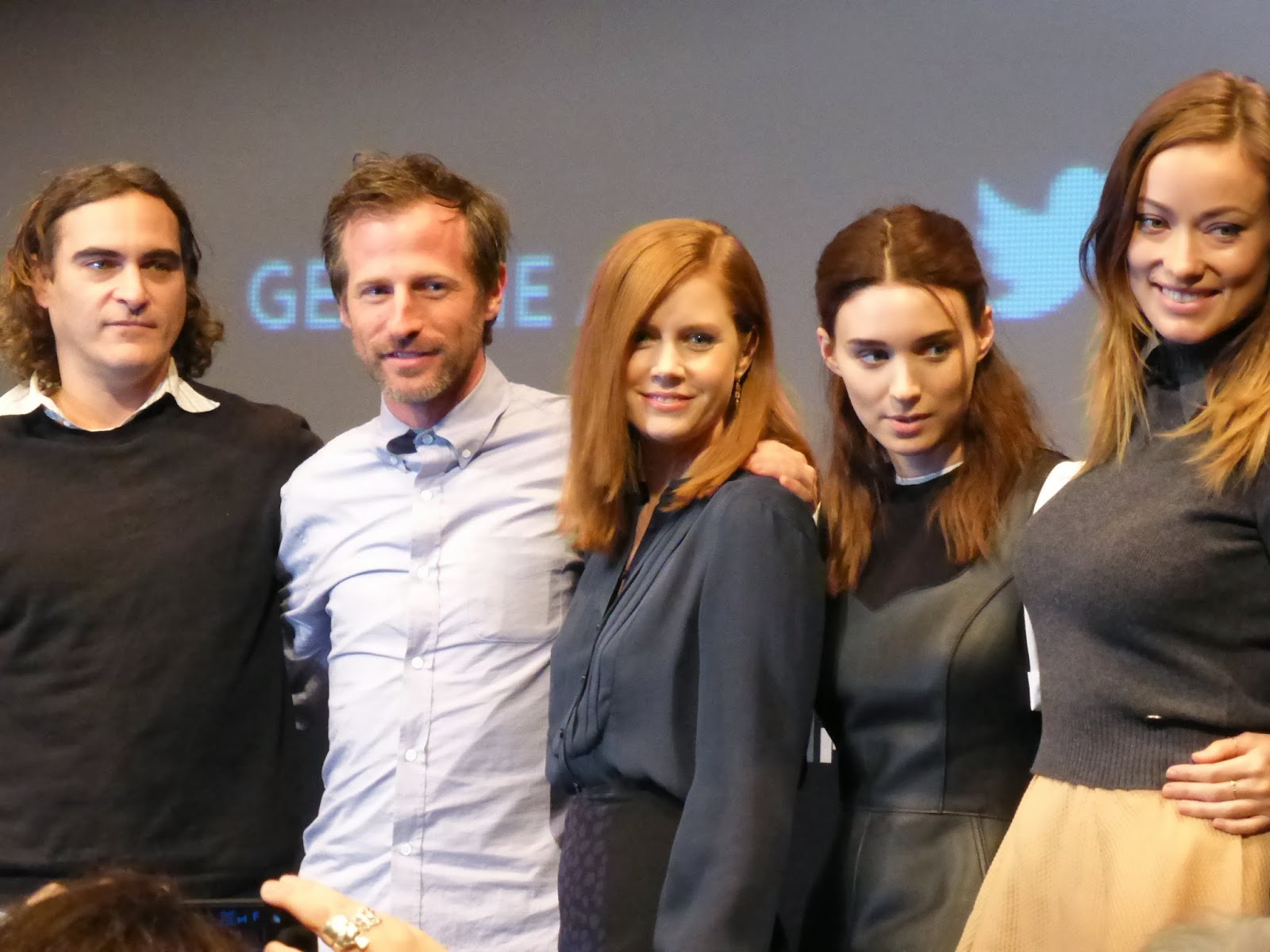Her Cast is a captivating exploration of the individuals who bring stories to life on screen, from actors and directors to writers and producers. In this article, we will delve into the intricacies of casting, its significance in the film and television industry, and the impact it has on storytelling. Understanding the nuances of casting not only enriches our appreciation of cinema and television but also highlights the collaborative effort required to create compelling narratives.
With the evolution of technology and changing audience preferences, the casting process has transformed dramatically over the years. This article will also touch upon the future of casting and how new platforms are revolutionizing the way we discover and engage with talent. So, let's dive into the fascinating world of her cast!
Table of Contents
- What is Casting?
- The Importance of Casting in Film and Television
- Famous Casting Directors and Their Contributions
- The Casting Process Explained
- Challenges Faced in Casting
- The Impact of Casting on Storytelling
- The Future of Casting in the Digital Age
- Conclusion
What is Casting?
Casting is the process of selecting actors for various roles in film, television, theater, and other performance arts. It involves not just finding the right talent but also ensuring that the chosen actors fit the vision of the project. The casting director plays a crucial role in this process, collaborating with producers, directors, and writers to bring the characters to life.
In recent years, the casting process has become more inclusive and diverse, reflecting the demand for representation in media. This shift has opened doors for a wider range of actors, showcasing unique stories and perspectives that were previously overlooked.
The Importance of Casting in Film and Television
The casting process is vital for several reasons:
- Character Authenticity: The right actor can bring depth and authenticity to a character, making the story more relatable and engaging.
- Audience Connection: Familiar faces can attract viewers, while fresh talent can introduce new dynamics to a project.
- Cohesive Vision: Casting contributes to the overall vision of the film or show, ensuring that the performances align with the intended tone and style.
- Box Office Influence: Star power can significantly impact a project's financial success, as audiences often flock to films featuring popular actors.
Famous Casting Directors and Their Contributions
Several casting directors have made significant contributions to the industry, shaping the careers of many actors and influencing the types of stories we see on screen. Some notable casting directors include:
- Marci Liroff: Known for her work on films like "E.T. the Extra-Terrestrial" and "Mean Girls," Liroff has a keen eye for talent and has helped launch the careers of many successful actors.
- Julie Ashton: With credits such as "The Hunger Games" and "The Amazing Spider-Man," Ashton is known for her ability to discover and cast fresh talent in major roles.
- David Rubin: A prominent figure in casting, Rubin has worked on acclaimed projects like "The Shape of Water" and "Birdman," earning recognition for his contributions to the industry.
The Casting Process Explained
The casting process typically involves several stages:
1. Script Analysis
The casting director reviews the script to understand the characters' motivations, backgrounds, and relationships. This analysis informs the selection of actors who can embody these roles effectively.
2. Auditions and Readings
Actors are invited to audition for specific roles. This may involve reading lines from the script or performing scenes to showcase their abilities. Callbacks may be scheduled for actors who impress during initial auditions.
3. Chemistry Tests
For roles that require strong interpersonal dynamics, chemistry tests may be conducted to assess how well actors work together. This is especially important for romantic leads or ensemble casts.
4. Final Selections
After thorough evaluations, the casting director presents their recommendations to the producers and directors, who make the final decisions on casting.
Challenges Faced in Casting
Casting directors often face various challenges, including:
- Limited Availability: High-demand actors may not be available for specific projects, making it difficult to secure the desired talent.
- Typecasting: Actors may be pigeonholed into specific roles, limiting their opportunities for diverse characters.
- Cultural Sensitivity: Ensuring authentic representation can be challenging, as casting decisions may inadvertently perpetuate stereotypes.
The Impact of Casting on Storytelling
Casting has a profound impact on storytelling in film and television:
- Character Development: Strong performances can add layers to characters, making them more complex and relatable.
- Audience Expectations: The choice of actors can shape audience perceptions and expectations, influencing how stories are received.
- Diversity in Storytelling: Inclusive casting expands the range of narratives presented, enriching the overall landscape of film and television.
The Future of Casting in the Digital Age
As technology continues to evolve, the casting process is also undergoing significant changes:
- Online Auditions: Virtual auditions have become more common, allowing actors from around the world to submit their performances without travel constraints.
- Social Media Influence: Platforms like Instagram and TikTok are becoming venues for talent discovery, giving rise to a new generation of stars.
- Data-Driven Decisions: Analytics and audience insights are increasingly guiding casting choices, helping to predict which actors will resonate with viewers.
Conclusion
In conclusion, casting is an essential aspect of filmmaking and television production that significantly influences the storytelling process. From the selection of actors to the overall vision of a project, the casting process shapes how stories are told and received by audiences. As we look to the future, the dynamic nature of casting continues to evolve, embracing diversity and innovation.
We invite you to share your thoughts on casting and its impact on your favorite films and shows. Feel free to leave a comment below, share this article with fellow cinema enthusiasts, and explore more content on our site!




